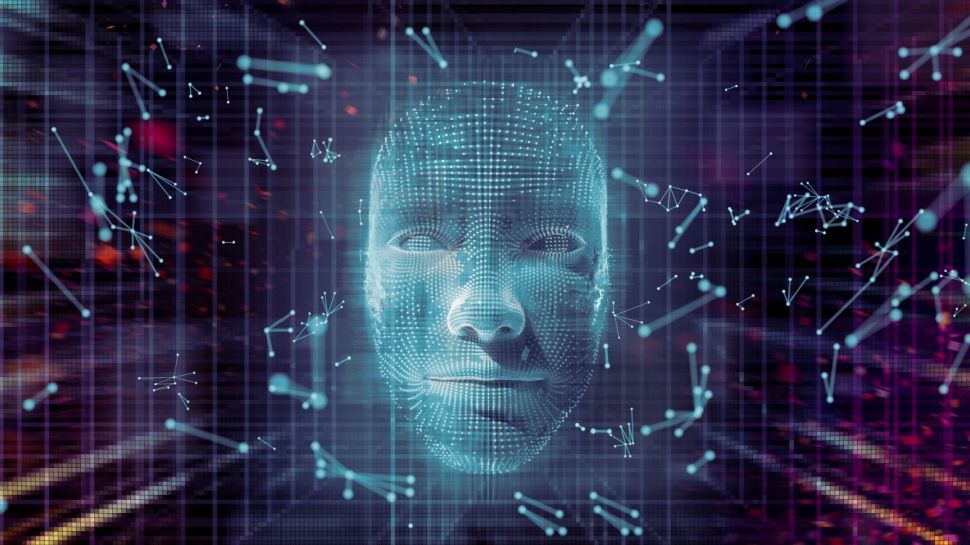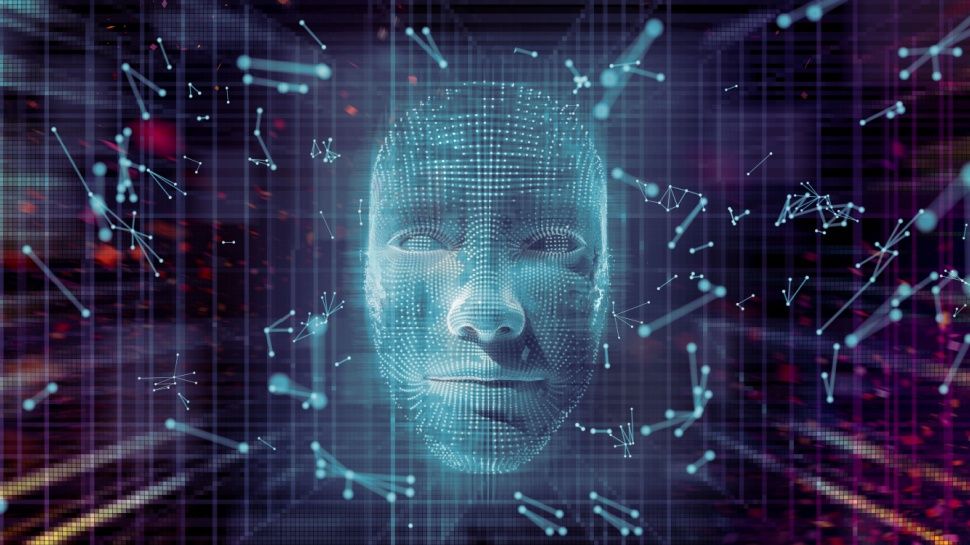
As artificial intelligence (AI) continues to make its mark across various industries, one of its latest applications is in the creation of headshots for professional use. Whether for resumes, websites, or LinkedIn profiles, AI-generated headshots are on the rise
However, a recent survey by Ringover involving 1,087 recruiters sheds light on the growing acceptance of AI-generated headshots in professional settings.
The report reveals that an overwhelming 76.5% of recruiters preferred AI-generated headshots over real ones.
Recruiters’ Preferences: AI vs. Real Headshots
The preference for AI-generated headshots can be attributed to the perceived flawless quality and professional appearance of these images. Unlike real headshots, which may vary in quality based on the photographer’s skill and the subject’s photogenic qualities, AI headshots can be fine-tuned to present the ideal version of a candidate, making AI-generated images more appealing to recruiters.
The survey also highlighted that nearly three-quarters (74.4%) of recruiters stated that they are more inclined to interview candidates who include a headshot with their application.
However, not just any headshot will suffice. Two-thirds (67.5%) of recruiters reported being put off by a bad headshot. Common issues included overly stylized or posed images (40.9%), poor photo quality (39.9%), overly informal pictures (35.6%), and the use of filters or obvious editing (32.7%).
It is interesting to note that recruiters were only able to correctly spot AI headshots 39.5% of the time. This means that in more than half of the cases, recruiters mistakenly identified real headshots as AI-generated or vice versa.
While AI-generated headshots may offer advantages in terms of quality and consistency, their use raises ethical questions. The survey found that two-thirds (66%) of recruiters would be put off by a candidate if they recognized that their headshot was AI-generated. Also, nine in ten (88%) recruiters believe that it should be clearly disclosed when a candidate has used an AI-generated headshot. Recruiters may feel that AI headshots, while visually appealing, lack the authenticity and human touch of real photos.
Another consideration is the impact of AI-generated headshots on diversity, equity, and inclusion (DEI) initiatives. For example, AI headshots that present an idealized version of a candidate may inadvertently reinforce biases related to appearance, putting candidates who do not fit the conventional mold of professionalism at a disadvantage.
The findings of the survey reveal both the potential benefits and risks of using AI-generated headshots in job applications. On one hand, AI headshots are preferred by a significant majority of recruiters and can help candidates stand out in a competitive job market. On the other hand, the ethical implications and the risk of being perceived as inauthentic should not be overlooked.
More from TechRadar Pro
Services Marketplace – Listings, Bookings & Reviews
